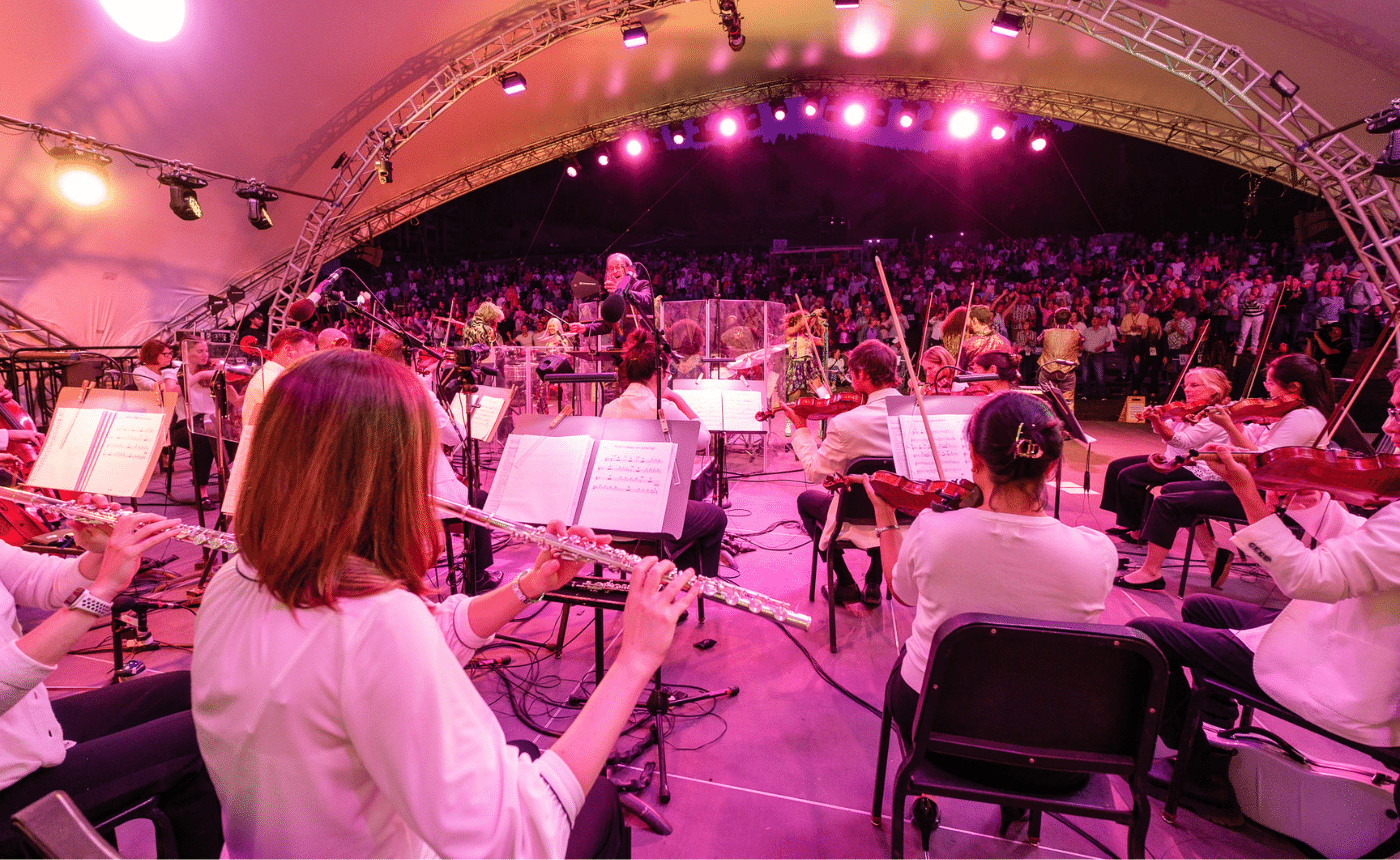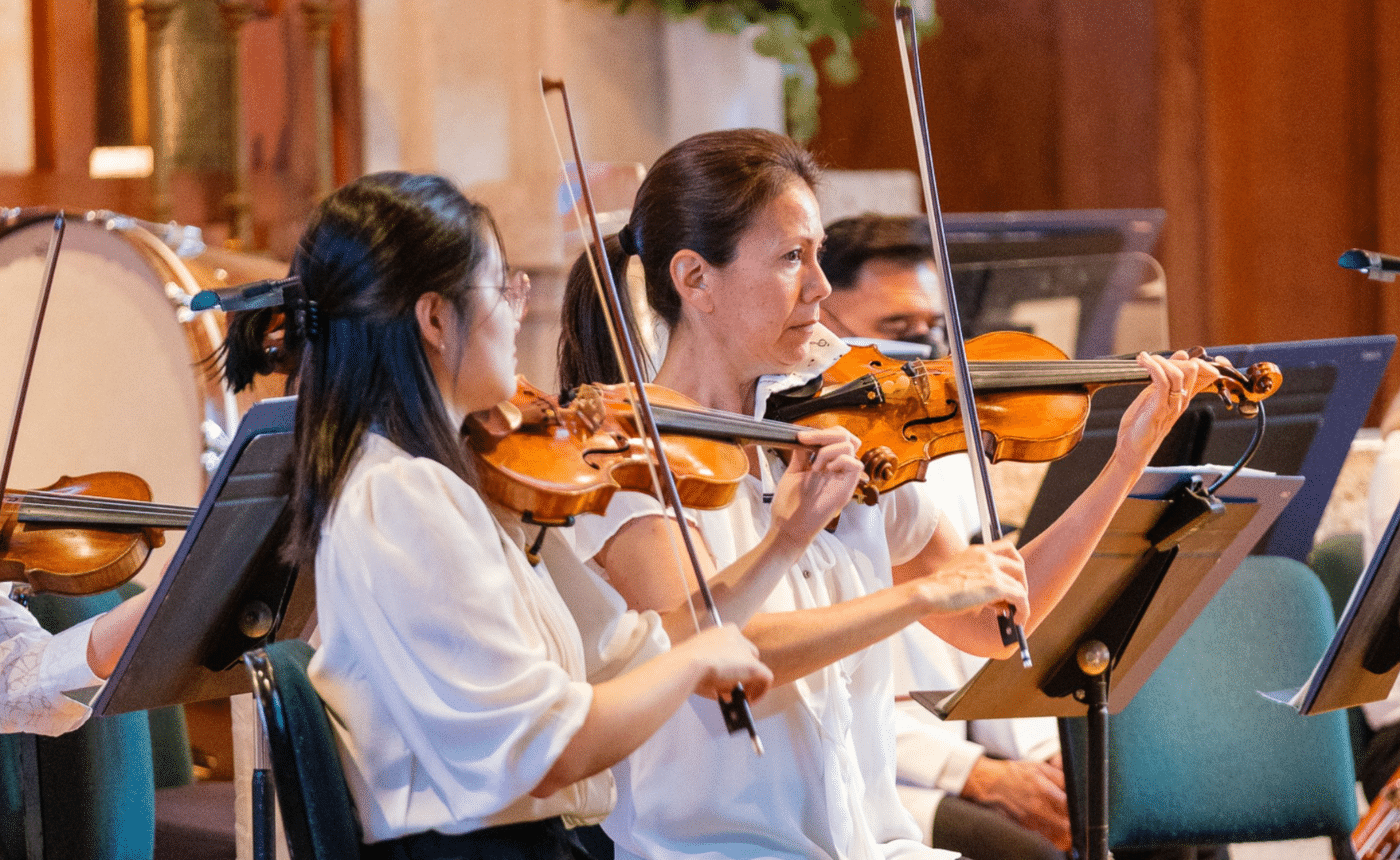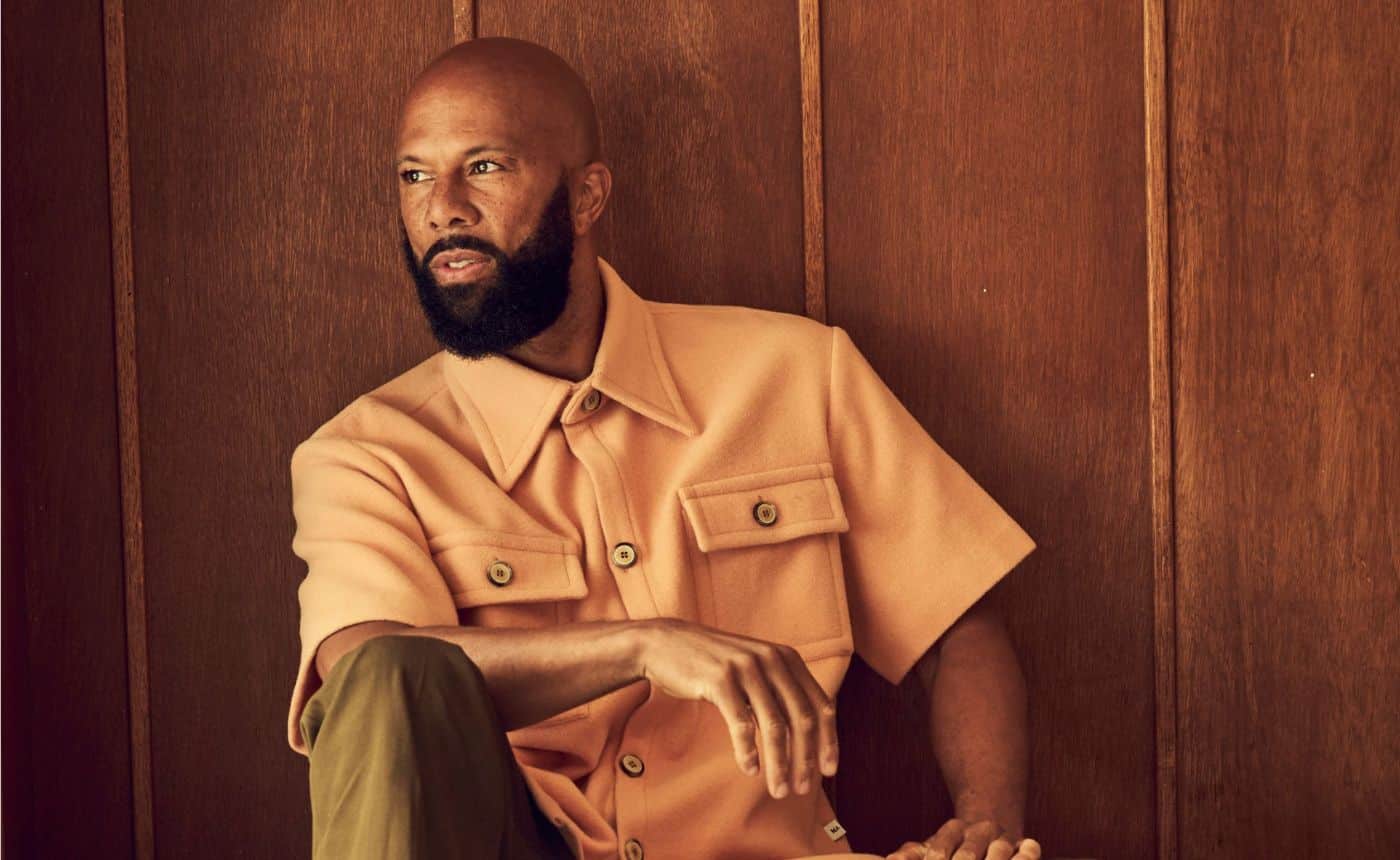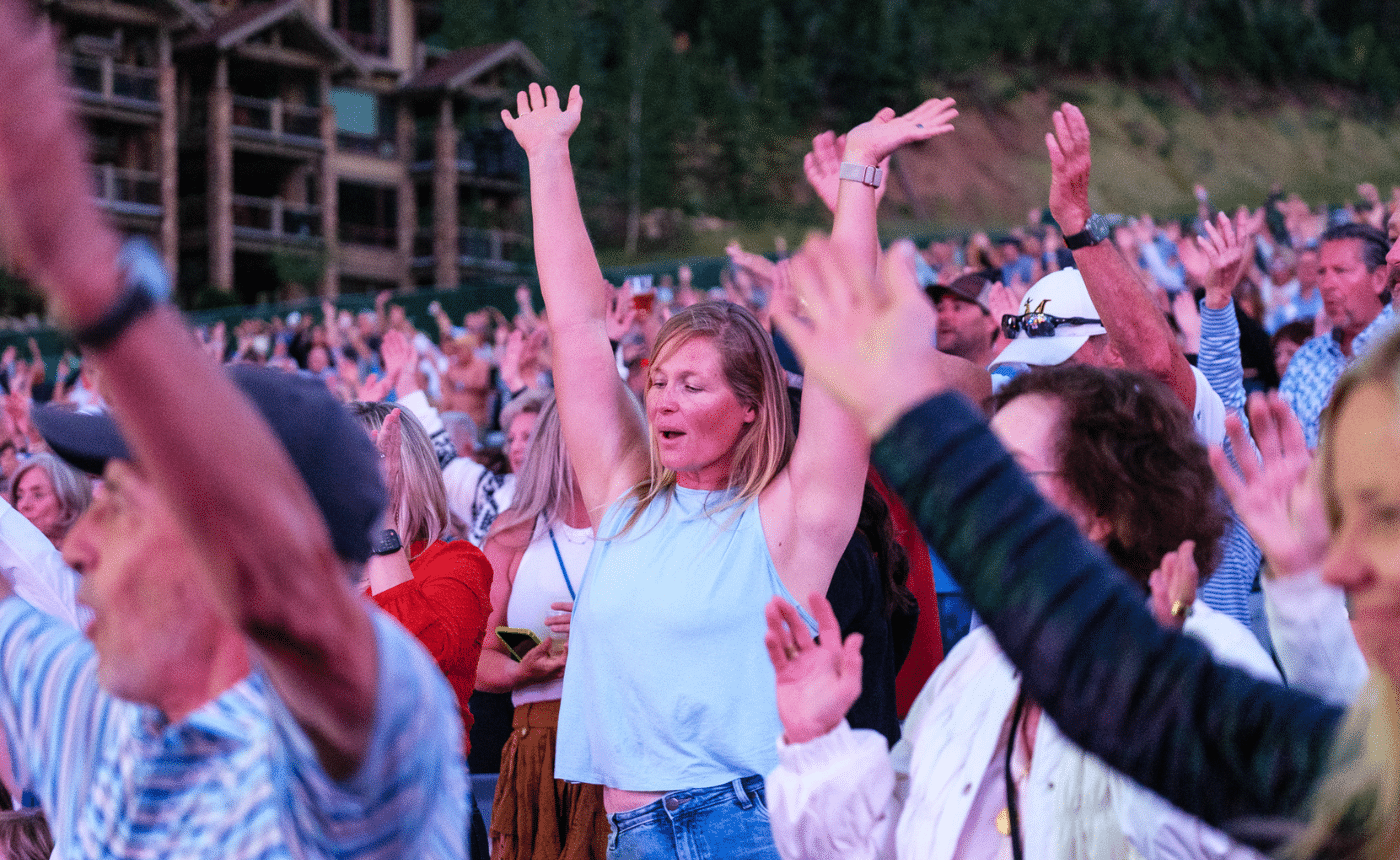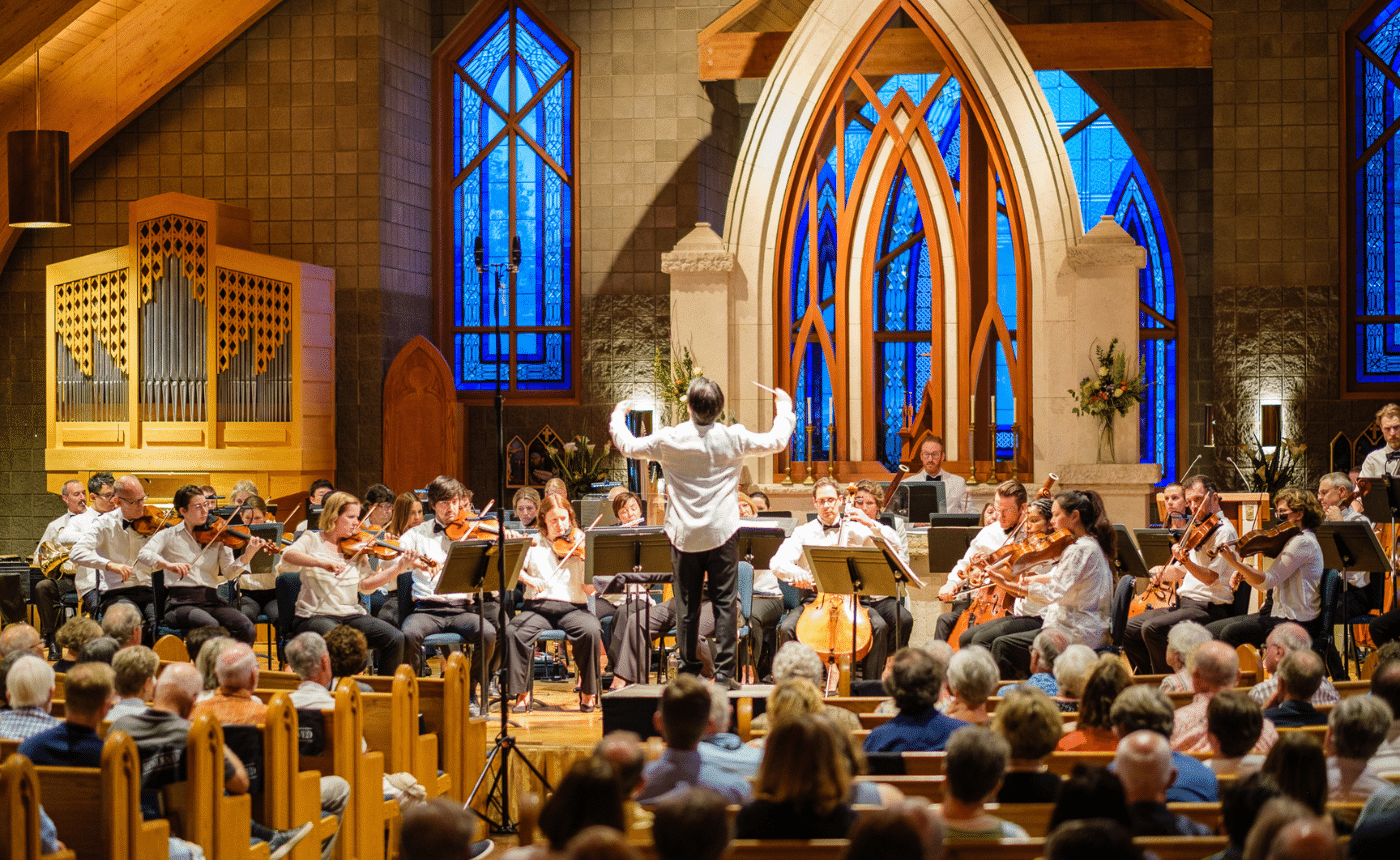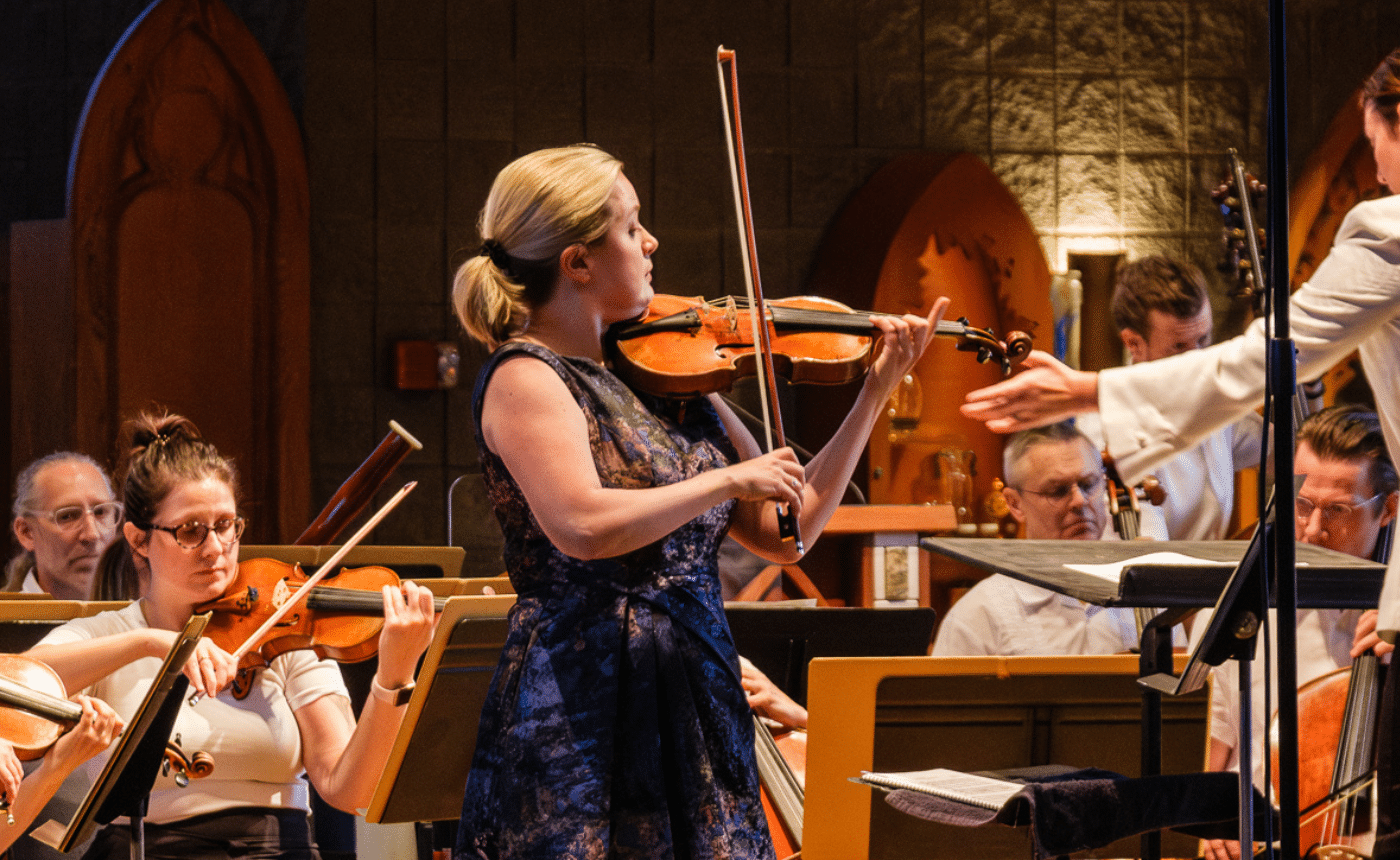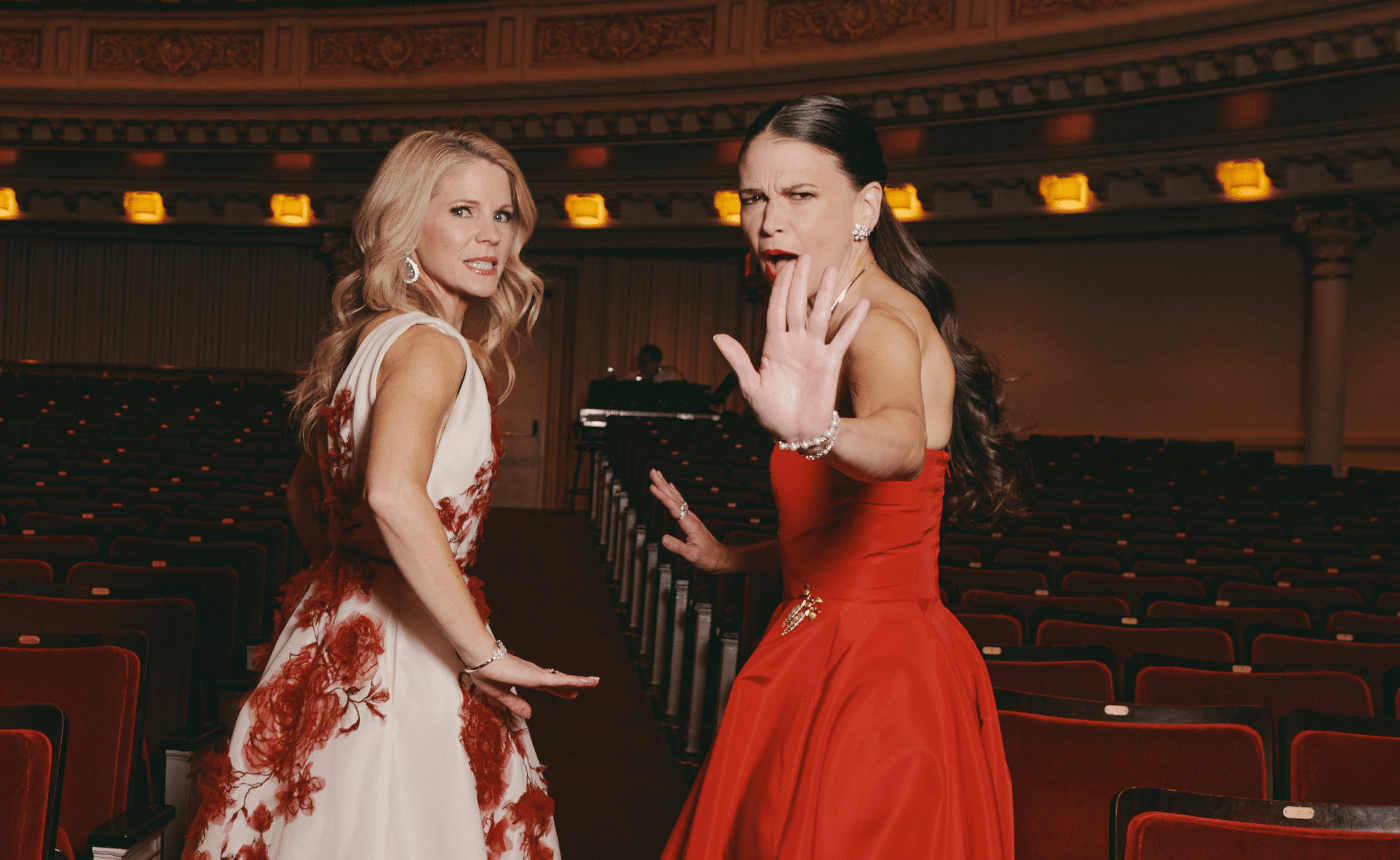STRAVINSKY: Pétrouchka
by Jeff Counts
Duration: 34 minutes in four sections.
THE COMPOSER – IGOR STRAVINSKY (1882–1971) – If the half-decade before The Great War is viewed as a delayed but final sunset on the 19th century, its potency as an epochal shift is perhaps best revealed by the artists who responded to it. The Firebird was the piece that put Stravinsky on the international musical map back in 1910 but had another composer (Anatol Liadov) not declined the Ballets Russes commission, the opportunity would not have fallen to him. And had Stravinsky not been gifted with such a chance, the road to The Rite of Spring might not have been so open. In fact, the leap of personal faith for the composer that occurred between The Firebird and The Rite mirrored the global moment, in that one piece looked back while the other denied the past entirely. There was a step between these two landmarks, let us not forget, one that had its own messages for the new century.
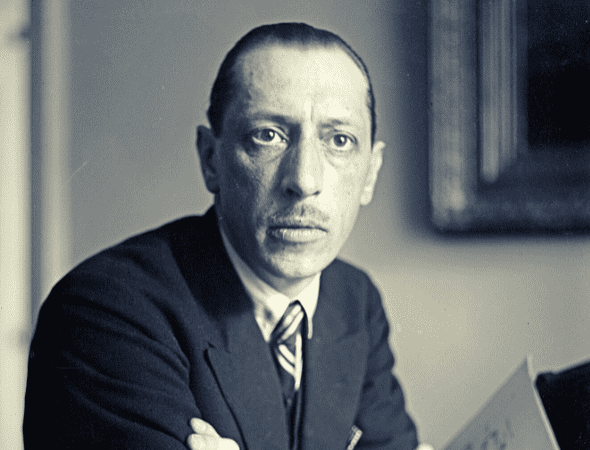
THE HISTORY – Pétrouchka began life as what Stravinsky called “a sort of Konzertstück” in which “the piano would play the most important part”. The Firebird had only recently changed his life by making him a superstar, but he was anxious to throw off the old-fashioned chains of it. No longer content to reflect the sounds and habits of his teacher Rimsky-Korsakov, Stravinsky was aiming his newly bolstered confidence into the future. But before tackling the challenges of The Rite of Spring in earnest, he felt the need to “refresh” himself with another work. From the start, Pétrouchka was intended to provoke. When Diaghilev heard early sketches of it, he was entranced. He had come to visit Stravinsky on the pretense of previewing music from The Rite but forgave the composer’s trespass by demanding he first turn the budding “concertpiece” into a full ballet. The subject was perfect for the nose-thumbing Stravinsky was planning. The puppet Pétrouchka was, according to the composer, “the immortal and unhappy hero of every fair in all countries.” The scenario of the ballet included scenes both grand and intimate, from the opening Shrovetide Fair to the lonely confines of Pétrouchka’s puppet theater room. Story points like Pétrouchka’s lost love for the ballerina and death at the hands of a rival for her affections gave Stravinsky a chance to explore a blunter and more piquant musical language than the one he used for The Firebird. The resulting ballet and the re-orchestrated suite he built from it in 1947 were huge successes. It is interesting that Stravinsky worried the Paris premiere of Pétrouchka might raise the eyebrows of those who perceived in it a critical jab at the sentimental Russian romanticism that informed The Firebird. But he also admitted this was exactly what he intended. Everything that came next for Stravinsky is thanks in part to the courageous sounds and ideas he tested first in Pétrouchka.
THE WORLD – Elsewhere in 1911, George V was crowned King of England, the Mona Lisa was stolen by a Louvre employee, and Norwegian explorer Roald Amundsen reached the South Pole.
THE CONNECTION – The 1947 Pétrouchka Suite has been performed many times on the Utah Symphony Masterworks series. The most recent concerts were in 2016 under Jun Märkl.




